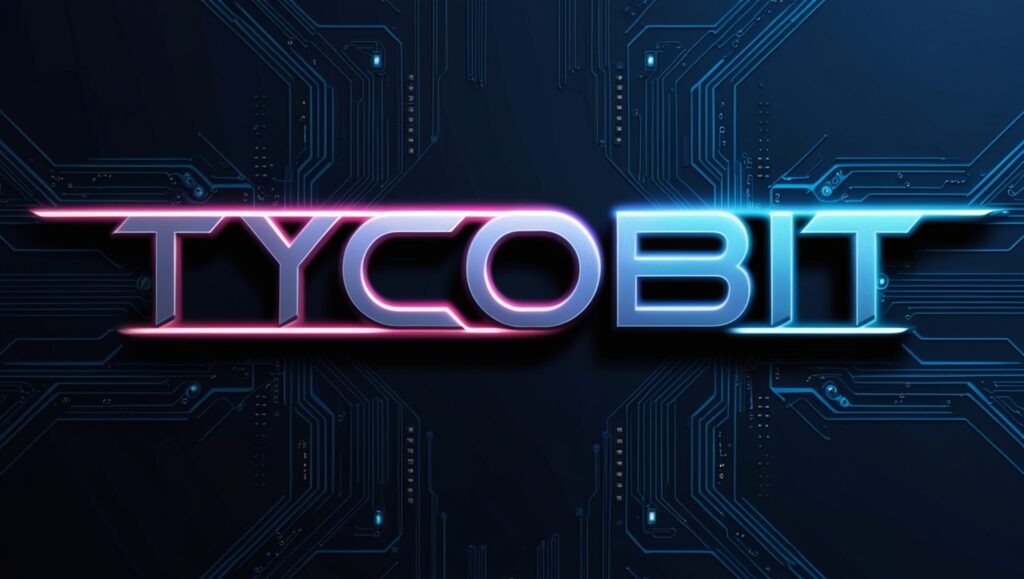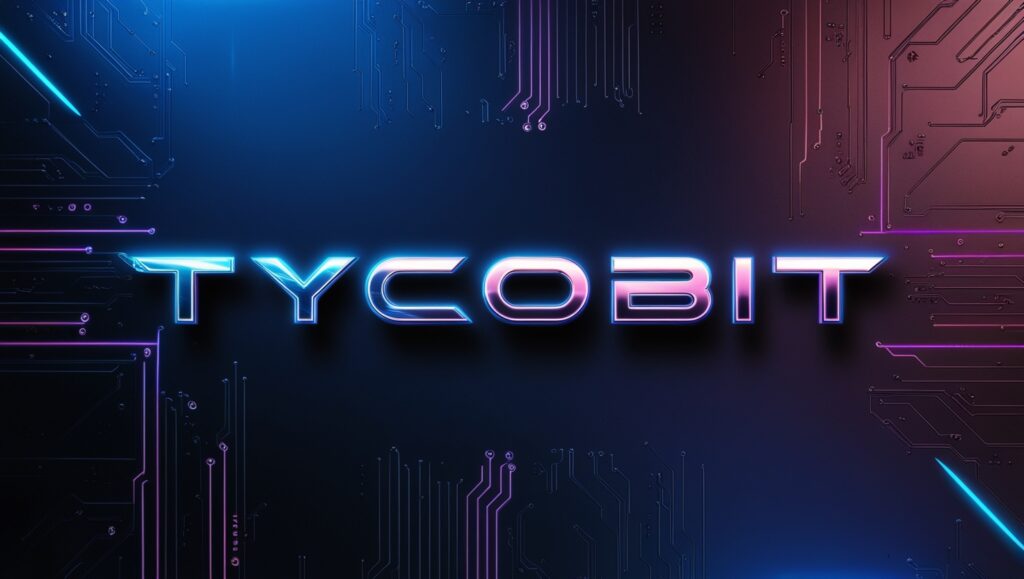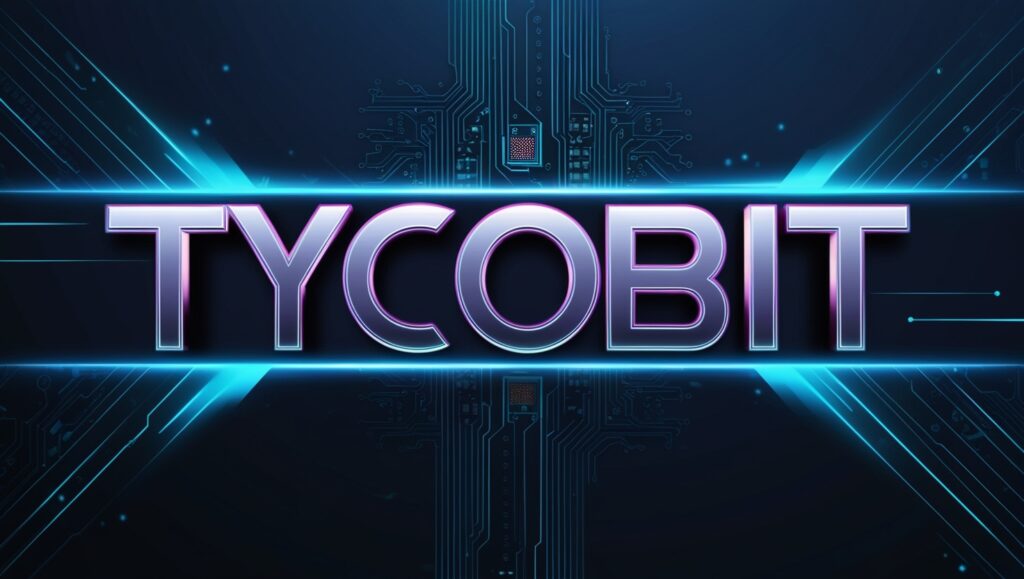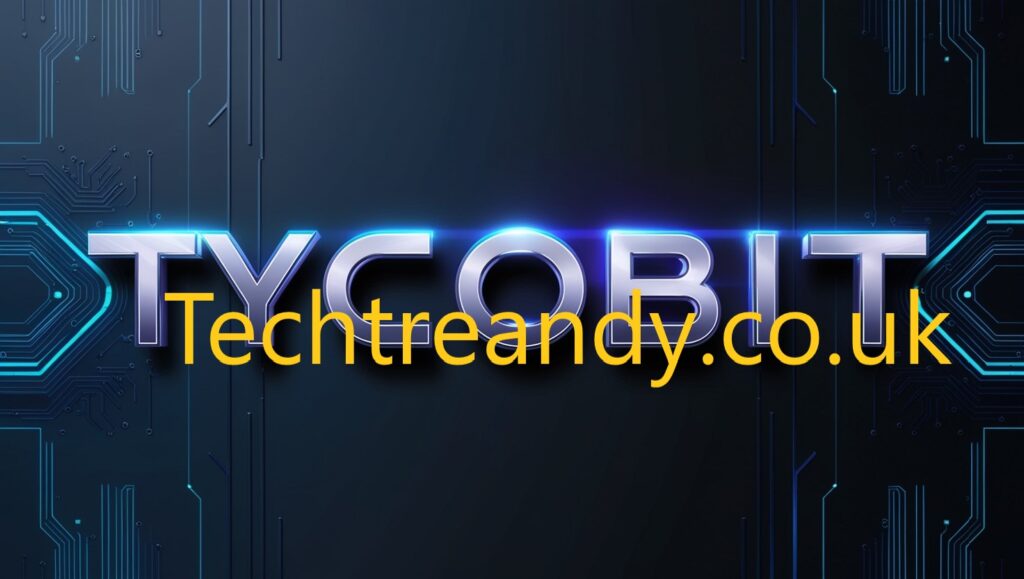New terms and innovations emerge almost daily in the rapidly evolving world of technology and finance. One such term that is gaining attention is “Tycobit.” This article delves deep into Tycobit, exploring its significance, workings, potential applications, and role in the broader financial ecosystem.
What is Tycobit?
Tycobit is a decentralized digital asset that operates within blockchain technology. Its primary goal is to provide a secure, efficient, and user-friendly platform for digital transactions. Unlike traditional currencies,
The inception of Tycobit can be traced back to the growing need for a more inclusive and accessible alternative financial system. With the rise of cryptocurrencies, Tycobit positions itself as a versatile digital asset designed to cater to diverse users, from individual investors to large enterprises.
The Technology Behind Tycobit
Blockchain Fundamentals
At its core, Tycobit relies on blockchain technology, a distributed ledger that records all transactions across a network of computers. This technology ensures transparency, security, and data immutability. Every transaction is grouped into blocks, and once a block is filled, it is added to the chain, making it almost impossible to alter previous records.
Decentralization and Security
One of Tycobit’s key features is its decentralized nature. Unlike traditional banking systems, where a central authority controls transactions, Tycobit allows users to transact directly with one another.

The use of cryptographic algorithms further bolsters security. Each transaction is encrypted, ensuring only the parties can access the details. Additionally, Tycobit’s consensus mechanisms, such as Proof of Work or Proof of Stake, help maintain the integrity of the network by requiring participants to validate transactions before they are added to the blockchain.
Smart Contracts
Tycobit also leverages intelligent contracts, which are self-executing contracts with the terms of the agreement directly written into code.
Use Cases of Tycobit
Financial Transactions
One of Tycobit’s primary uses is facilitating financial transactions. It allows users to send and receive money across borders without the high fees associated with traditional banking systems. This capability is particularly beneficial for remittances, enabling individuals to send money to family members in different countries quickly and affordably.
E-commerce
With the rise of online shopping, Tycobit is becoming an increasingly popular payment method for e-commerce platforms. Businesses can accept Tycobit as payment for goods and services, expanding their customer base to cryptocurrency users. This integration enhances transaction speed and reduces chargebacks, which can be a significant issue for online merchants.
Investment and Trading
Many people invest in Tycobit. Investors can buy and hold It in anticipation of future price appreciation, similar to how they would invest in stocks or gold. Additionally, various exchanges offer trading pairs involving Tycobit, allowing users to trade it against other cryptocurrencies or fiat currencies.
Decentralized Finance (DeFi)
Tycobit plays a crucial role in the DeFi ecosystem, which aims to recreate traditional financial systems in a decentralized manner. Users can borrow or earn interest on their Tycobit holdings without intermediaries. This access to financial services fosters inclusivity and empowers individuals who may not have access to traditional banking.
Gaming and NFTs
The gaming industry increasingly integrates blockchain technology, and Tycobit is no exception. Game developers can create tokenized in-game assets using Tycobit, allowing players to buy, sell, and trade these assets in a decentralized marketplace. Moreover, Tycobit can purchase non-fungible tokens (NFTs), unique digital assets representing ownership of a specific item or content.
Advantages of Using Tycobit
Low Transaction Fees
One of Tycobit’s standout advantages is its low transaction fees compared to traditional banking systems. This cost-effectiveness makes it an attractive option for individuals and businesses, particularly international transactions.
Speed and Efficiency
Transactions using Tycobit are processed rapidly, often within minutes, regardless of the parties’ geographical locations. This speed significantly improves over conventional banking, where transactions can take several days to settle.
Financial Inclusion
Tycobit promotes financial inclusion by providing access to financial services for individuals who
traditional banking systems may underserve. This inclusivity empowers individuals in developing countries where banking infrastructure may be lacking.

Transparency and Trust
This transparency can help reduce fraud and increase accountability in financial dealings.
Challenges Facing Tycobit
Regulatory Concerns
As with many cryptocurrencies, Tycobit faces regulatory scrutiny. Governments worldwide are grappling with how to regulate digital currencies, which can create uncertainty for users and investors. Compliance with evolving regulations is crucial for Tycobit’s long-term viability.
Market Volatility
Cryptocurrencies, including Tycobit, are known for their price volatility. This unpredictability can deter potential users and investors, as sudden price fluctuations can lead to significant losses. Addressing volatility will be essential for Tycobit to gain wider acceptance.
Security Risks
Despite its inherent security features, Tycobit is not immune to risks. Cyberattacks, hacking incidents, and scams are prevalent in the cryptocurrency space.
The Future of Tycobit
Potential for Growth
The future of Tycobit appears promising, given the growing interest in cryptocurrencies and blockchain technology. As more people become aware of the benefits of digital currencies, the demand for Tycobit is likely to increase. Additionally, technological advancements may improve scalability and security, further enhancing Tycobit’s appeal.
Integration with Traditional Finance
Integrating Tycobit with traditional financial systems could pave the way for mainstream adoption. Financial institutions are exploring ways to incorporate cryptocurrencies into their services, which could provide Tycobit with increased legitimacy and usage.

Community Development
Tycobit’s success will also depend on the strength of its community. Engaging users, developers, and stakeholders in the ongoing development and promotion of Tycobit will be crucial.
Conclusion
Tycobit represents a significant step forward in the evolution of digital currencies. Its decentralized nature, coupled with the benefits of blockchain technology, positions it as a viable alternative to traditional financial systems. While regulatory concerns and market volatility persist, the potential for growth and innovation remains robust.

